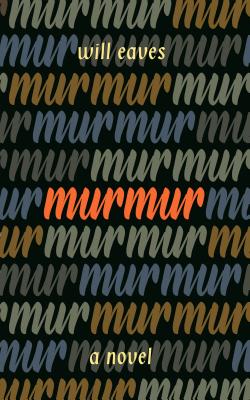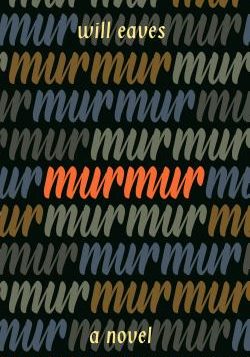 Murmur: A Novel
Murmur: A Novel
by Will Eaves
Bellevue Literary Press. 184 pages, $16.99
“DO I NEED to set down the circumstances?” The narrator, Alec Pryor, confronts the reader with this question on the first page of Murmur: A Novel. Alec Pryor is a thinly disguised version of Alan Turing, the English mathematician who broke the Nazis’ Enigma code in World War II, which was critical to the ultimate defeat of Germany in the six-year Battle of the Atlantic. Turing is also credited with inventing the world’s first programmable computer, and the “Turing Test” remains the standard test of artificial intelligence.
In 1952, Turing dramatically fell from grace when he was convicted of “gross indecency” for a brief sexual fling with another man. Faced with prison, he accepted chemical castration and probation as an alternative. In 1954, he was found dead of cyanide poisoning, possibly by his own hand.
So what does a reader want to know about the life of Alec (or Alan)? Do we want to know the sordid details of how he met Cyril, a young working-class man, offended him by trying to pay for his company, and was then robbed by a friend of Cyril’s? Do we want to know why a man with Alec’s logical mind would report the theft to the police, and then identify the suspect? It’s no surprise that the thief fights back by reporting Alec to the authorities as a “pervert.”
Yes, we want to read that story, even if we hesitate to admit it. We want to know how a dazzling mind could be housed in a body that craved clandestine sexual release with a stranger. The author shows us our own weaknesses, our hidden appetites, and our confused disapproval of a brutally unjust system and one of its reckless victims. After all, Alec has created all of the circumstances that led to his current predicament.
During his months of social isolation, Alec shows us his dreams, his correspondence with his dear friend June (based on Turing’s colleague, Joan Clarke), and his speculations about the nature of human and artificial intelligence. Can machines ever think? If so, in what sense? Alec gnaws on these questions throughout the book.

He keeps returning to the impossibility of knowing an outcome with certitude, and his worried mother and his military brother are especially alarmed that he can’t predict the outcome of the war despite having classified information. As readers in a later era, we already know that Alan Turing’s country was saved, while he was not. As the character Alec Pryor, he reminds us that he is speaking from an earlier time, and from a vulnerable living body. He taunts us with a universal quandary: each of us is lonely because no two of us can think or feel in the exact same way at the same time.
Will Eaves, the author, is a poet and novelist as well as the former arts editor of The Times Literary Supplement. He has the versatility of a writer in several genres. The publisher of this “novel” (biography? meditation?) includes an unusual mission statement: “Bellevue Literary Press is devoted to publishing literary fiction and nonfiction at the intersection of the arts and sciences because we believe that science and the humanities are natural companions for understanding the human experience.”
Alec, as Eaves’ narrator, seems like the embodiment of such an intersection. He convincingly describes himself as “mannered, not feminine.” He is fussily precise, calmly rational under pressure, but imaginative and poetic. As a scientist, Alec is fascinated by multiplicity in nature, and he describes himself as living alternative lives. In one scenario, he’s married to June and taking their children to the fair. In another, Alec is a young, spear-carrying hunter in prehistoric Britain who’s crushed by the body of the mammoth he has killed, and the irony of this fate is not lost on him.
Jean Roberta is a widely published writer based in Regina, Sask.






